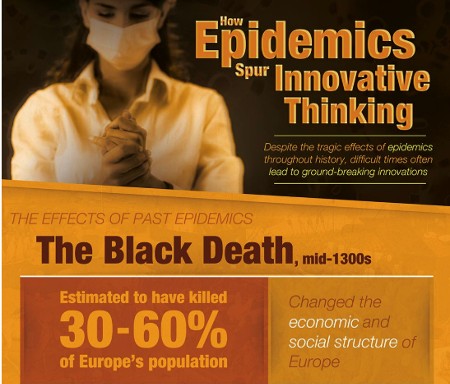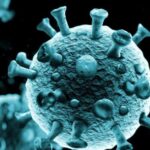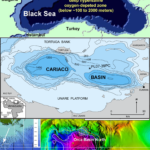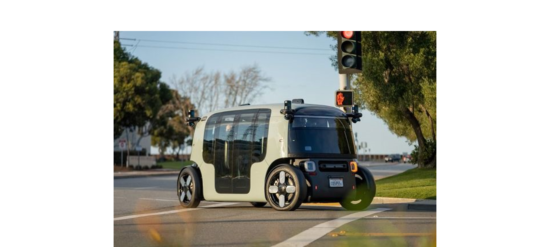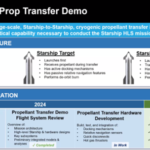May 9, 2020 – Demetrius Harrison has submitted an interesting piece for me to share with my readers that describes how adversity can sometimes be the mother of invention. There is no doubt that this is very true. The Portuguese expeditions that circumnavigated Africa to reach both Brazil and India and the Spanish-funded voyages to connect Europe to the Americas were borne out of necessity when the Ottoman Turks seized much of the Mediterranean Basin cutting off the Christian kingdoms of the continent from the products and markets in Asia. The profound consequences of European isolation because of the Turks led to the continent asserting itself over the rest of the planet in the next four centuries. But I will let Demetrius tell his story now and invite readers to comment.
Is our current social isolation proving to be a gateway to discovering inner creativity and invention? Every situation we face has ups and downs. The current global pandemic is easy to see in a negative light. There is, however, a yet-to-appreciate positive that may yield society many new benefits.
It is rare that a single event brings the entire world to a standstill. In fact, I know of no event in recent history to compare with the COVID-19 pandemic and the reaction to it by world governments. Not since the last mass extinction when a very large rock struck our Earth at the end of the Cretaceous, circa 65 million years ago, has the world shuddered to a stop. And all over the tiniest of creatures to ever evolve on our planet.
Today, most of us remain in isolation, and in that isolation we are being given an opportunity for freeing up our creative minds. Our brains are being unlocked from the humdrum routine of our daily work lives and out of this humanity will bear new fruit.
When the plague swept through London in 1592, 1603, and 1606, the theatres where William Shakespeare earned his keep closed. During that downtime Shakespeare turned out some of his most inspiring works including the epic poem Venus and Adonis, and three of his greatest tragedies King Lear, Macbeth, and Antony & Cleopatra. For Shakespeare, the disruption and loss of income was metal for his inspiration. I am sure he wasn’t alone in finding a positive outcome to a series of negative events.
Of course, literature isn’t the route to innovation. The Spanish Flu which began as early as 1915 but wasn’t recognized as a world pandemic until 1918, subsequently lingering through multiple waves into 1920, sparked a new approach to public health that focused on the underlying causes of illness, for example, diet and living conditions, and led to the first concerted global effort to develop an effective vaccine. The flu infected an estimated 500 million people, a third of the world’s population at the time. It killed 10% of them.
The seeds of modern medical research and discovery were planted during the Spanish Flu. Germ theory and treatment rapidly evolved to help us begin to overcome some of the worst diseases inflicted upon us by nature. Today, it is the COVID-19 pandemic, the closest parallel to the Spanish Flu, that is changing human responses in ways we would never have suspected just four months ago. For example, companies making alcohol spirits stopped production to turn to manufacturing hand sanitizers. Universities turned classrooms into experimental manufacturers of ventilators that cost hundreds rather than thousands of dollars. When an Italian hospital ran out of ventilators, a local 3D-printing company, Isinnova, began manufacturing 3D-printed adapters for ventilators for one dollar per unit, 1/10,000th the price if purchased from the manufacturer.
The challenges we face when given lemons is to make lemonade, or something even better. Innovations coming out of the COVID-19 pandemic are likely to lead to positive global changes. Whether it be new policies, new medical resources, new art, or literature, something new will come from our present adversity. So what are you spending your social distancing time doing?


